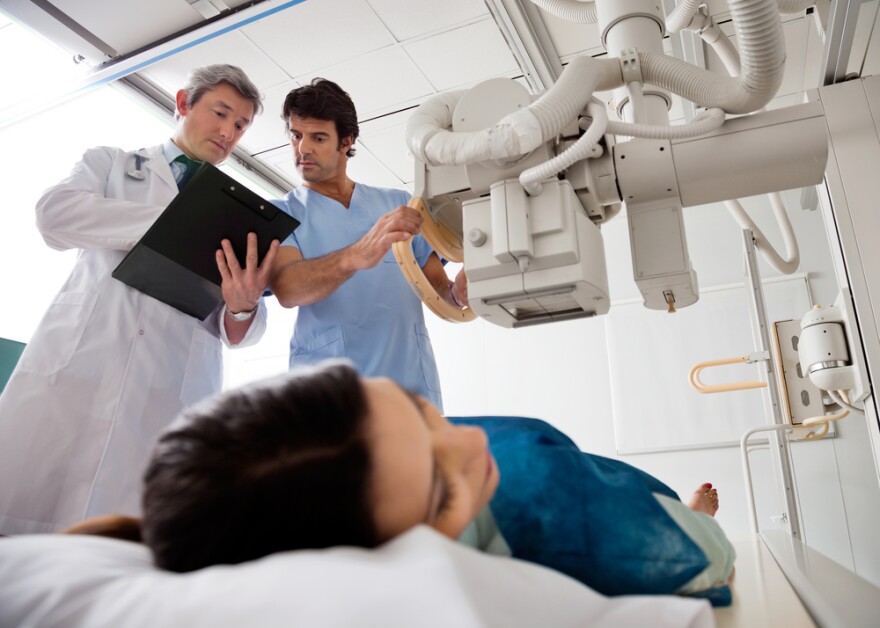Most cases of colon cancer occur in people over 50 - about the time recommended to begin screening for the disease. But results of research over 15 years found an increase in colon cancer in those younger than 50.
Dr. Anand Lodha, a colorectal surgeon with Methodist Charlton Medical Center, talks about the results.
From Dr. Lodha’s interview:
Amount and reason for the increase: “The amount is about 2 percent. It's alarming because we don’t have screening protocols set up for patients younger than 50. Gastroenterology societies, along with the U.S. Preventive Screening Task Force, determined age 50 would be the most cost-effective, and since the incidents (of colon cancer) is really at age kind of mid 50s, that that would be the best time to institute a screening program. A very nice study out of Baltimore showed that if one does have symptoms you can pursue this further with a colonoscopy.”
Why people in their 50s and older tend to have symptoms: “It’s not so much that the symptoms show up. It’s were trained to evaluate them and look at them in a very different light. If a 60 year old or 70 year old patient presents with rectal bleeding or a change in bowel habits, they are automatically going to be set up for a colonoscopy right away. Whereas a younger patient, you are more likely going to think that is possibly a hemorrhoidal issue just because of the number of colon cancers that occur in those populations. Now as far as my practice goes, I always try to attribute a symptom with a cause. And if I can’t do that, that’s when I’ll proceed with a colonoscopy.
The study found the colon cancer in people younger than 50 is often in an advanced state: “Not only in an advanced state, but there are also more aggressive tumors, showing where its Stage Three or maybe even Stage Four earlier on.”
Does colon cancer develop over a long period of time? “Generally speaking, colon cancer takes 10 years to show up. So as our understanding of colon cancer in younger patients is evolving, we’re realizing there may be a different tumor biology at work here.”
Should we screen earlier for colon cancer? “The numbers would suggest it’s not very viable to think about changing the screening protocols. What I think is important is making sure you follow up with your doctor about any one symptom. If rectal bleeding has not been attributed to a specific cause, if there’s associated abdominal pain, associated change in bowel habits, anemia noted on lab work, a fecal occult blood test is positive for blood in the stool – all those would suggest that those need to be followed up with a colonoscopy. So, no longer saying I don’t need to get a colonoscopy age 50 because that’s what everyone says? Sure, for average risk people. But there are some people who may require it sooner.”
Steps to prevent colon cancer: “One of the trends that was noted was increasing rates of diabetes, increasing rates of obesity. And these can be related to recent colon cancer. So, addressing those and making sure (you’re) leading a healthy lifestyle in terms of exercise and diet is key.”
For more information:









